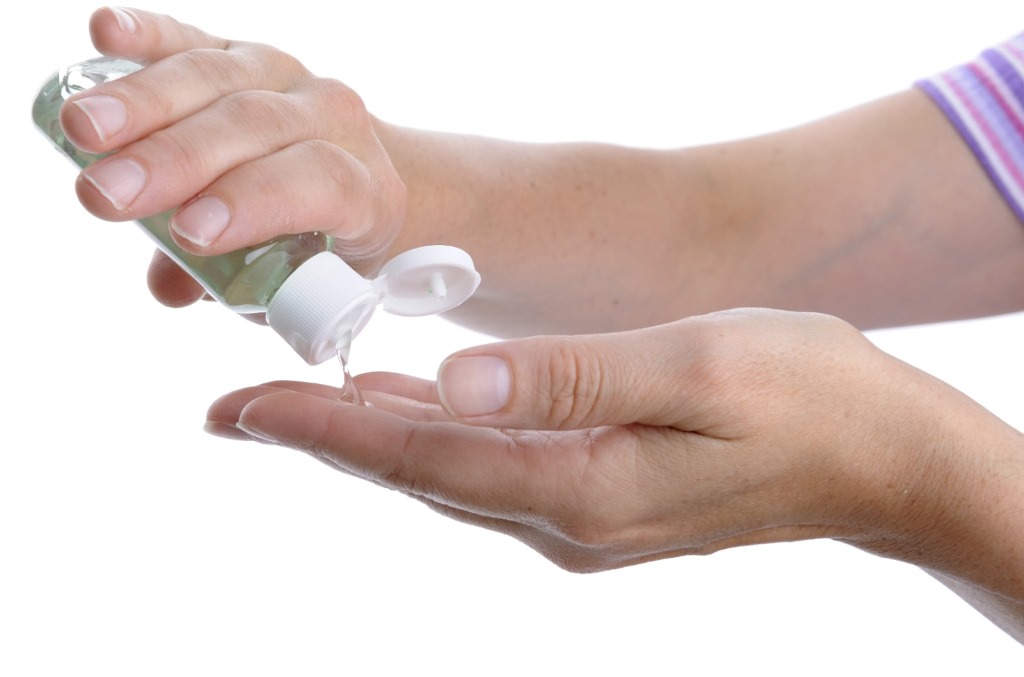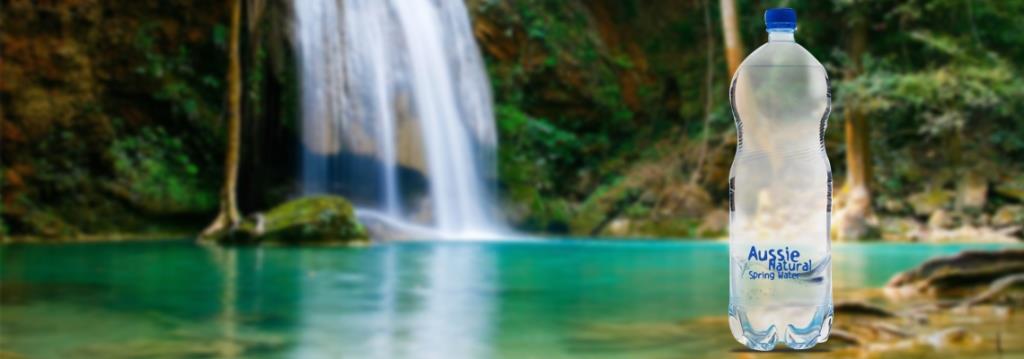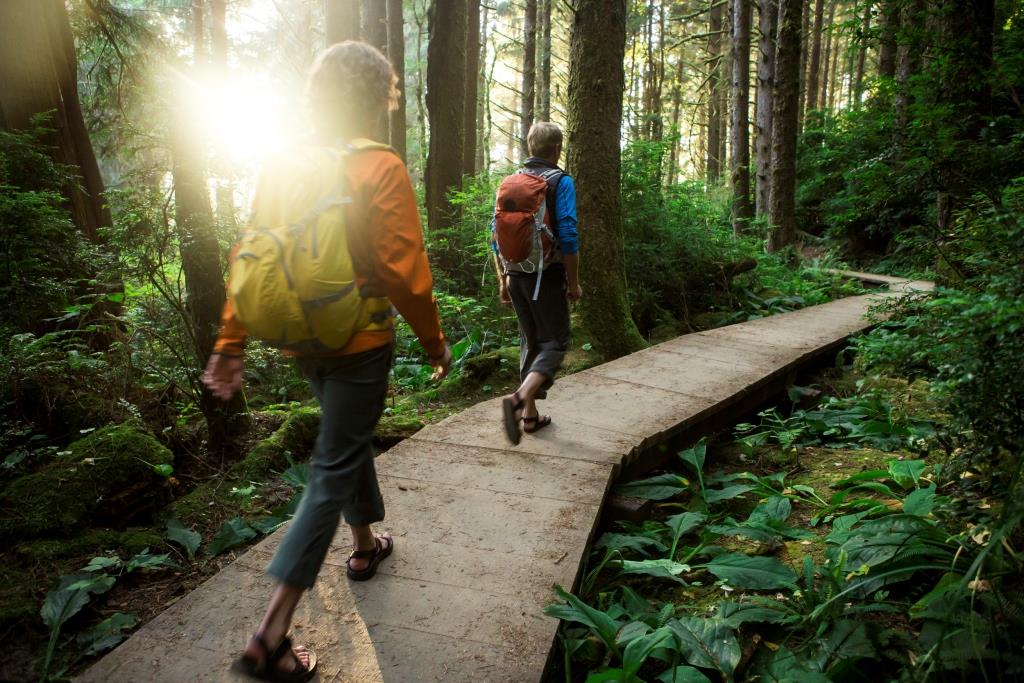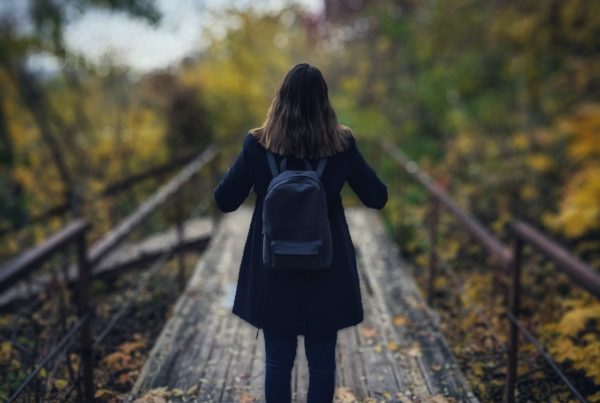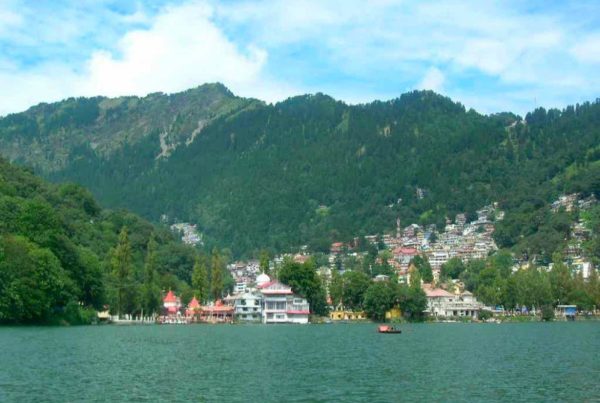Welcome to India, the country offering diversified culture, scenic beauty and of course heterogeneity when it comes to food. No matter wherever you are traveling, the main thing to be kept in mind is that you are moving out of your ‘comfort zone’ in many ways. And if you are travelling to this subcontinent, you have to take special care of your eating habits and hygiene style.
By following certain simple rules, a traveler can easily escape the sickness. Here are some of them:
1. Dodge the chances of gastrointestinal problems
No matter in which region of India you are travelling, the trip is incomplete without tasting the local food of the region. And, that’s where the problem begins for a traveler. The stomach needs to adjust on new foods and flavors and sometimes fails to do so thus resulting in a very frequently used term, Delhi belly.
Street food in India looks extremely tempting. It attracts many tourists but it can be hard on your stomach. If you really want to try the street food make sure you play safe by buying it from a reputable food street.
Not only this, one should avoid eating raw fruits and vegetables that aren’t peeled or skinned by him or her. Following good food hygiene practices like ignoring the under cooked, raw or reheated food and staying away from the street vendors can save you from diarrhea or food poisoning which can ruin your trip.
2. Frequently sanitize your hands
This very basic step has a huge impact on controlling infection whether you are at home or travelling distances. Just by frequently sanitizing or washing your hands, one can dramatically reduce the chances of vomiting, food poisoning, flu, viral infections and Hepatitis A.
Keeping hand sanitizers, hand gels and wipes in your travel kit is highly advisable to avoid the chances of cross-contamination. Wherever possible one should always clean his or her hands for at least thirty seconds before and after eating and always after using the washroom.
3. Consume bottled water
Say a big no to the tap water and make a habit of consuming bottled water while travelling in India. The chances of getting sick turn many folds if you consume the local water from the place where sanitization is not that great. You might be convinced to drink water from taps after watching the locals drinking it but this could turn out to be problematic for you as you don’t have the right bacteria in your gut to protect you from becoming ill. Not only this, one should even avoid using ice cubes in drinks in the areas where the tap water is not purified.
One very important thing to be kept in mind before buying the bottle is to look for intact seal because many times, the used bottles are filled with tap water.
4. Always Prioritize Familiar Food
The trip to a specific place or region is incomplete without tasting and relishing the local food. But be careful since this could turn out to be a nightmare for you. Everybody is familiar with one’s body type and should consume the food accordingly. No doubt that a diet full of hot spicy curries and predominantly red meat is mouth-watering but these foods are definitely is a good way to ensure an upset stomach.
If your stomach isn’t prepared for such adventures then it may definitely lead to food intolerance which results in irritated digestive tract, gas, stomach cramps and heartburn.
People with a sensitive stomach should take it easy while tasting any cuisine and must consume familiar food from time to time.
5. Stay active, Stay fit
One of the key mantras to stay fit and kick off illness is exercise. The benefits of exercise are well known. By doing the right amount of exercise, you can get fitter and develop immunity over a period of time.
While on a trip, always prefer staying active instead of packing yourself in the hotel room. Find ways to keep your body moving.
Going on a jungle trek, hiking into the countryside, swimming and jogging are some of the ways to stay active and away from being lethargic.
6. Beware of mosquitoes
Mosquito bites can turn out to be the worst nightmare during your journey. Most of the time, they can annoy you with the buzzing sound and itchy bites. Needless to mention, they may also result in conditions like dengue, chikungunya, malaria or encephalitis which one can’t afford to sustain while being away from home.
It is always best to prevent yourself from mosquito bites in whichever area you are travelling. Always prefer rooms which are better sealed and restrict the entries of mosquitoes. A traveler before stepping out must cover up the body properly. As a traveler, you should also apply anti repellent creams to beat off the mosquitoes.
7. Avoid spending long hours in the sun.
Snorkeling for too long in the sun without applying sunscreen can cause sunburn which nobody wants to experience. India is a tropical country with the sun shining brightly during most days.
During the day the screeching heat demands to get hydrated again and again. Although sunscreens with various SPFs can protect you from intense sunburn, dehydration can lead to some very serious conditions like heat exhaustion and heat stroke which if left unattended can result in a medical emergency.
It is not as simple to walk in the sun for hours as it looks like in the movies. A traveler should act smart by using sunscreen, covering up the body and by staying hydrated to avoid facing consequences.
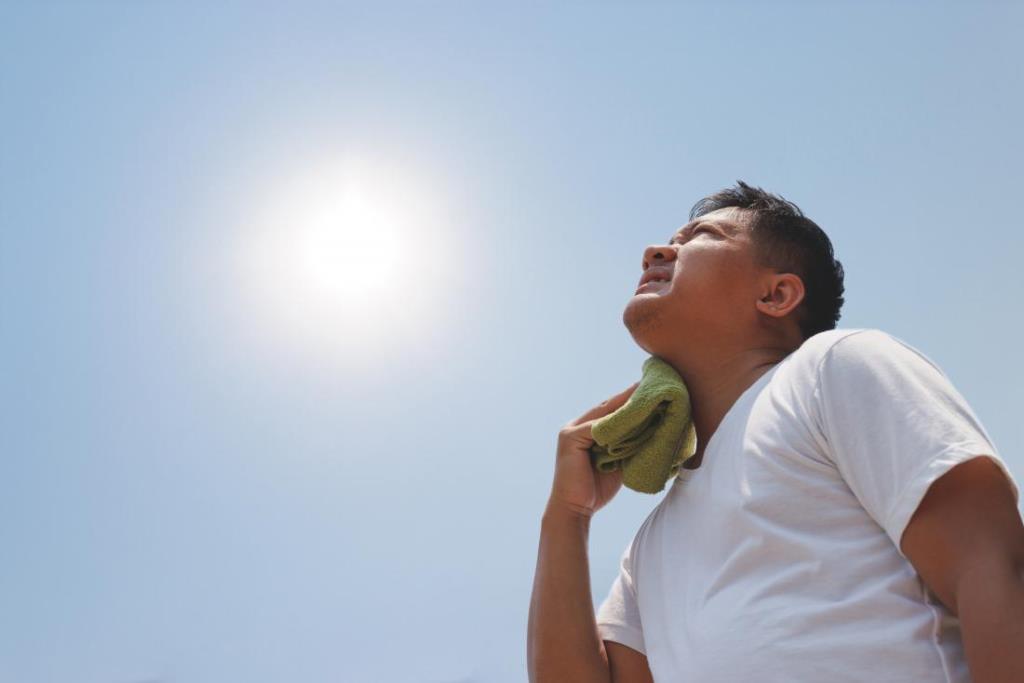
8. Getting vaccinated
Prevention is always better than cure and one could stay away from numerous diseases just by getting vaccinated against them. The vaccine required by a traveler depends highly on the area, a traveler is travelling. It is better to have good knowledge about the prevailing diseases in the area and getting vaccinated against it.
The recommended vaccines can include vaccinations for Hep A, rabies, cholera and typhus.

9. Trying out essential oils
Various essential oils like peppermint, oregano and thieves can protect you from getting sick by their qualities. Peppermint turns out to be a boon in case of motion sickness, nausea and indigestion. The soothing effect of peppermint not also helps in curing jet lagging but also during the time of tensed headache.
While thieves’ oil is supposed to boost immunity, oregano oil, on the other hand, has ant parasitic and antimicrobial actions. Consuming foods prepared by use of these protects a traveler in many ways.
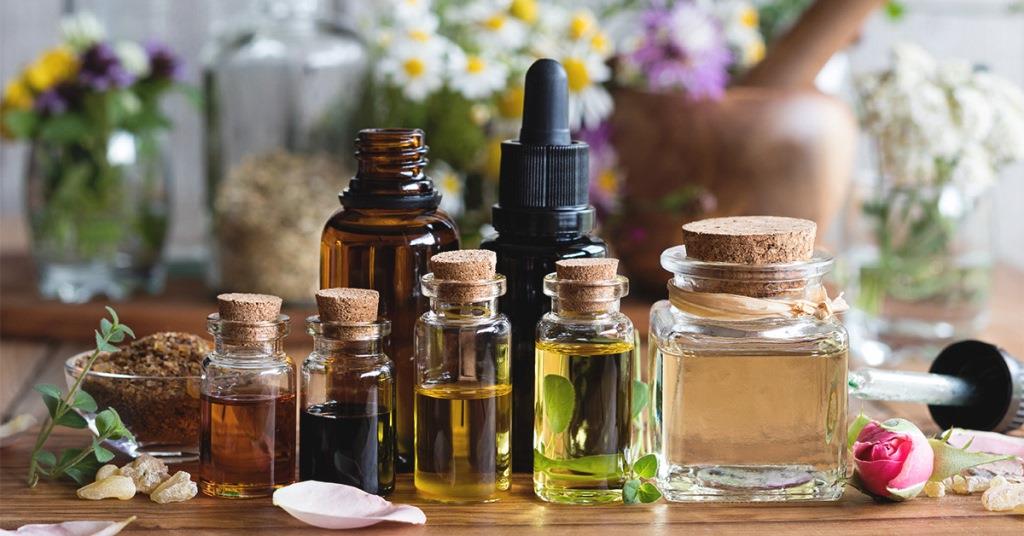
10. Cleaning your gadgets at the end of each day
No matter how many times you sanitize your hands, they are always going to turn filthy every time you take out your gadgets. So it’s better to sanitize all the gadgets at the end of the day. Avoid following this safety measure might tend to make you fall ill during the trip.

11. Avoid defecating in the open
Relieving yourself in open might result in Urinary Tract Infections which can put a full stop on your enjoyments. Sometimes using unclean washrooms can also lead to problems which are hard to detect. So it is advisable to use the categorically neat washrooms which by many folds reduce the chances of getting infected.
12. Taking antimalarial drugs when necessary
There are many regions in India prone to malaria. With a population of mosquitoes greater than humans, travelling in this country urges you to carry antimalarial drugs with you.
The correct time to take the drugs depends on various measures. You have to consider the risk involved at the destination, time of travelling, personal medical history and your experience with the drugs.
13. Taking Travel Health Professional’s advice
Before starting a journey one should see health professional at least four weeks prior to your journey. Knowing the statistics of your body is essential to avoid any further complications abroad. Although the health facility of India has improved with time but a traveler should evaluate whether he or she is fit enough to travel to that area.
With buzzing Indian markets, natural landscapes, ancient marvelous architecture and much more to explore, you surely won’t want to put a break on your incredible trip with the expense of falling sick. Thus by following these easy steps you can enjoy to the fullest by saying “ Hakuna Matata”.

